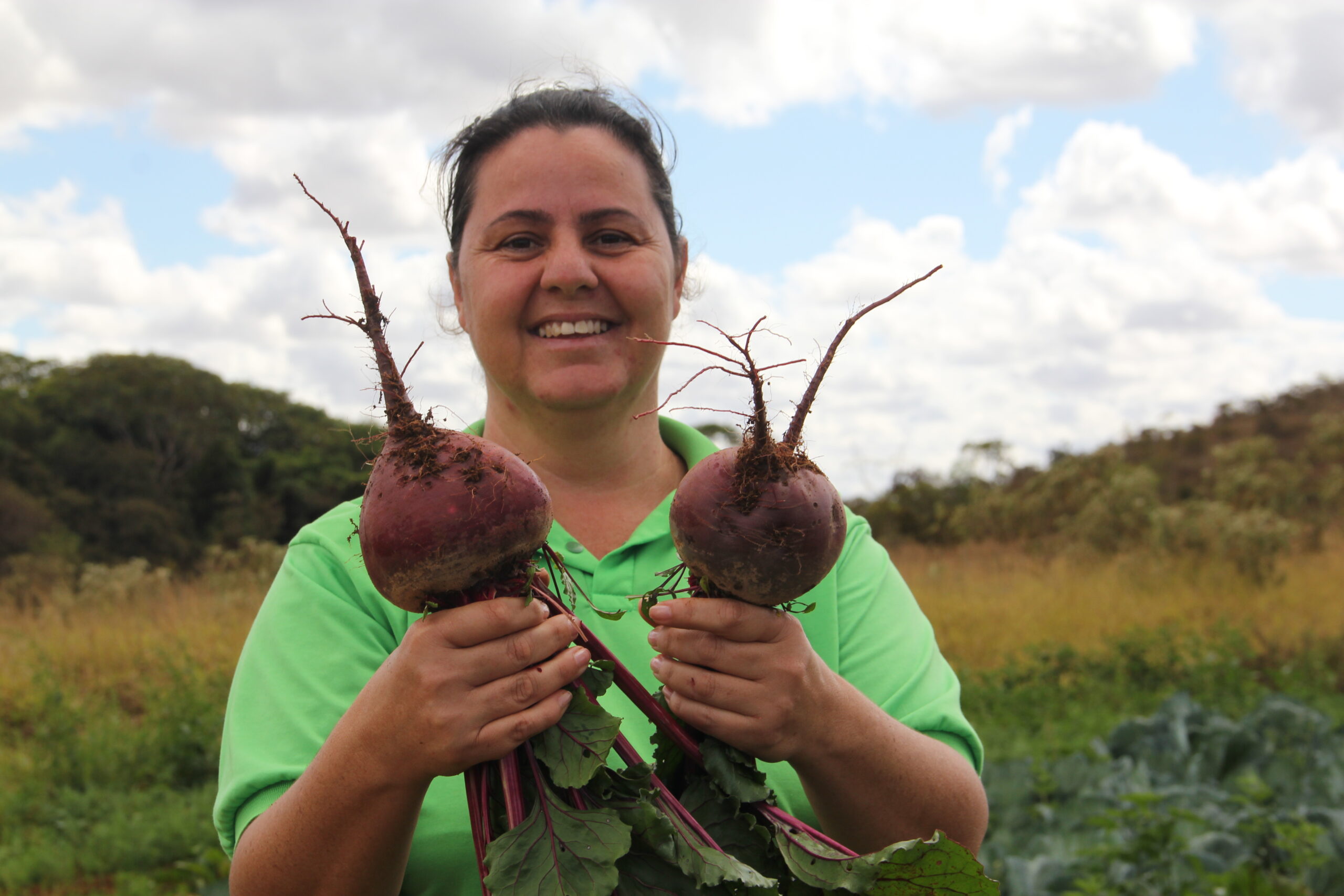
‘Food and nutrition security as a central theme in the training of public managers in Brazil and Latin America is an initiative that should be praised. It’s about encouraging the creation of public policies in an intersectoral and participatory way and at the same time encouraging South-South cooperation strategies,’ said the director of the World Food Programme (WFP) Centre of Excellence against Hunger in Brazil, Daniel Balaban, about the round table promoted this Friday (23) by the National School of Public Administration (ENAP), entitled “Challenges of the contemporary context and prospects for international cooperation”.
In addition to the WFP, representatives from other UN agencies that have supported the course were also invited: FAO, IFAD, IICA, OEI, PAHO, UNICEF, as well as representatives from the Brazilian government.
The event is part of the closing programme for the course ‘International Programme for Intersectoral Policies: Perspectives on Sovereignty Policies and Food and Nutrition Security’, which trains 23 Brazilian and 12 Latin American public managers in public policy strategies.
The course dealt with food and nutrition security in detail, including the formulation of public policies and monitoring, the link between access to and production of adequate and healthy food, human health and food culture.
For WFP Centre of Excellence nutritionist Eliene Sousa, the course shows how much Brazil’s food and nutrition security is a benchmark for the world. ‘ENAP provides this exchange within the public service. It’s important for Brazilian civil servants to be able to exchange with other managers in Latin America, to find out what is being done in other countries in the area of food security, which is a form of South-South cooperation,’ she said.
Eliene mediated one of the discussion tables at the course, in which eight students presented a case study on public policies. Among the topics covered were: the National Strategy for Healthy Eating in Schools; the National School Feeding Programme; the National Urban and Peri-urban Agriculture Programme; the Breastfeeding and Milk Bank Programme; and the Ecuadorian policy against child malnutrition.
‘From the point of view of public management, it’s important to give internal visibility to existing Brazilian policies, but also to analyse them from an international perspective, in order to gain a perspective and increase awareness of the relevance of the work being done in the area of food and nutrition security in various countries around the world,’ said Eliene.




